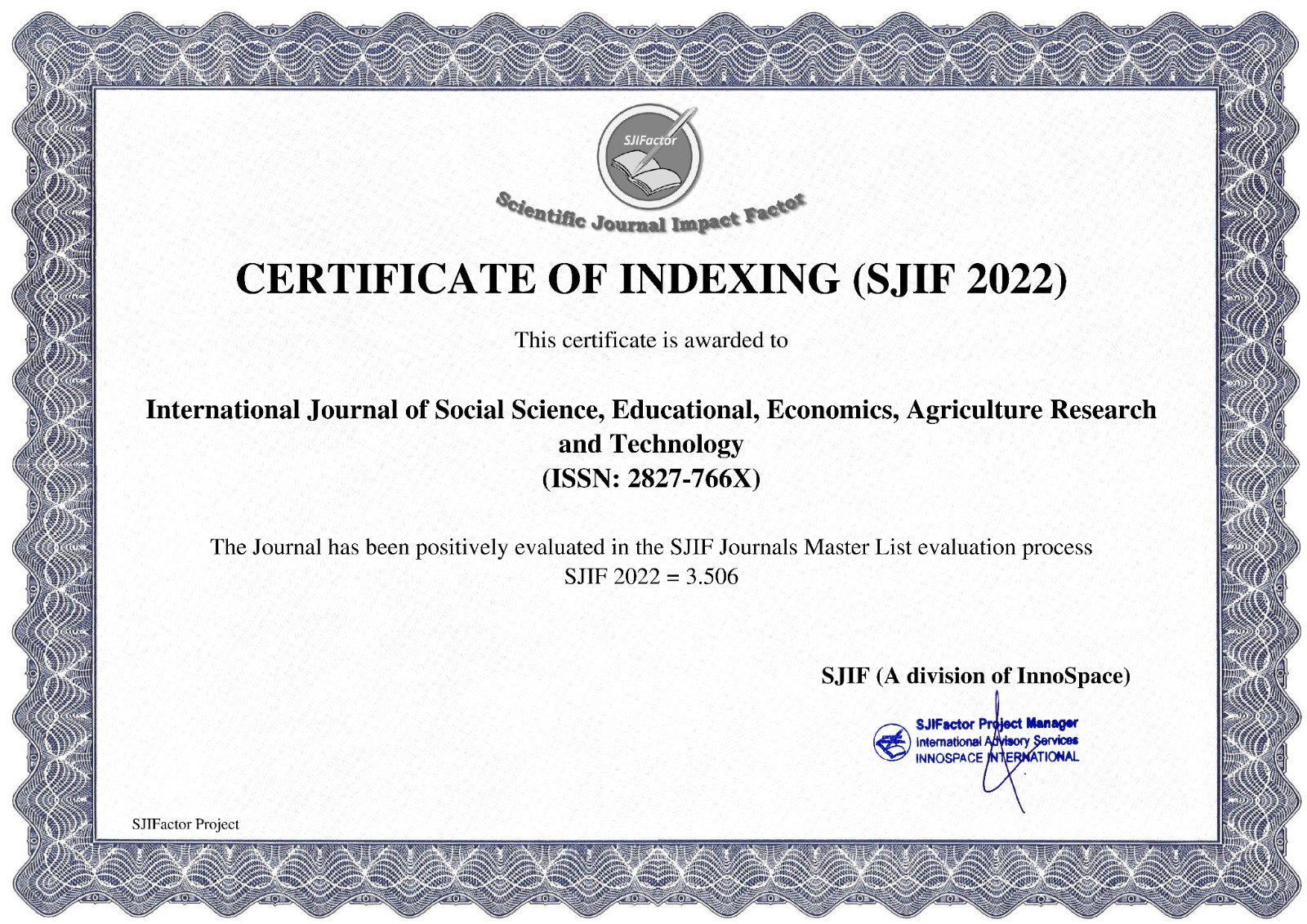The Influence of Trust, Customer Satisfaction, and Promotion on Brand Loyalty of Samsung Smartphones: Case Study on Students of the Faculty of Economics and Business, Universitas Malikussaleh
Main Article Content
Sylfiyatul Hulfa Zalza
Samsul Bahri
Adnan
Ikramuddin
This study aims to analyze the influence of trust, customer satisfaction, and promotion on brand loyalty of Samsung smartphones among students of the Faculty of Economics and Business, Universitas Malikussaleh. Trust, customer satisfaction, and promotion were selected as independent variables because they are considered key factors in shaping consumer loyalty, while brand loyalty serves as the dependent variable, reflecting consumers’ commitment to a specific product. Primary data were collected through questionnaires distributed to students who have purchased or used Samsung smartphones, employing purposive sampling to ensure that respondents met the research criteria. Data analysis was conducted using multiple linear regression, allowing the identification of the effect of each independent variable on brand loyalty both partially and simultaneously. The results indicate that trust, customer satisfaction, and promotion have a positive and significant effect on brand loyalty. In other words, higher levels of consumer trust in Samsung’s quality and services, greater customer satisfaction with the product, and more effective promotional strategies increase the likelihood that consumers remain loyal to the Samsung brand. These findings provide important insights into the main factors influencing consumer loyalty and serve as a strategic reference for companies to design more targeted marketing programs, enhance brand loyalty among students as potential long-term consumers, and contribute valuable academic knowledge for future studies in the field of consumer behavior and brand management.
Aaker, D. A. (1991). Managing brand equity: Capitalizing on the value of a brand name. Free Press.
Assael, H. (2004). Consumer behavior: A strategic approach. Houghton Mifflin.
Chaudhuri, A., & Holbrook, M. B. (2001). The chain of effects from brand trust and brand affect to brand performance: The role of brand loyalty. Journal of Marketing, 65(2), 81–93. https://doi.org/10.1509/jmkg.65.2.81.18255
Engel, J. F., Blackwell, R. D., & Miniard, P. W. (1995). Consumer behavior (8th ed.). Dryden Press.
Ghozali, I. (2018). Aplikasi analisis multivariate dengan program IBM SPSS 25. Badan Penerbit Universitas Diponegoro.
Griffin, J. (2002). Customer loyalty: How to earn it, how to keep it. Jossey-Bass.
Kotler, P., & Armstrong, G. (2018). Principles of marketing (17th ed.). Pearson.
Kotler, P., & Keller, K. L. (2016). Marketing management (15th ed.). Pearson Education.
Oliver, R. L. (1999). Whence consumer loyalty? Journal of Marketing, 63(Special Issue), 33–44. https://doi.org/10.1177/00222429990634s105
Sugiyono. (2019). Metode penelitian kuantitatif, kualitatif, dan R&D. Alfabeta.
Tjiptono, F. (2019). Strategi pemasaran (5th ed.). Andi.
Zeithaml, V. A., Bitner, M. J., & Gremler, D. D. (2018). Services marketing: Integrating customer focus across the firm (7th ed.). McGraw-Hill.






















